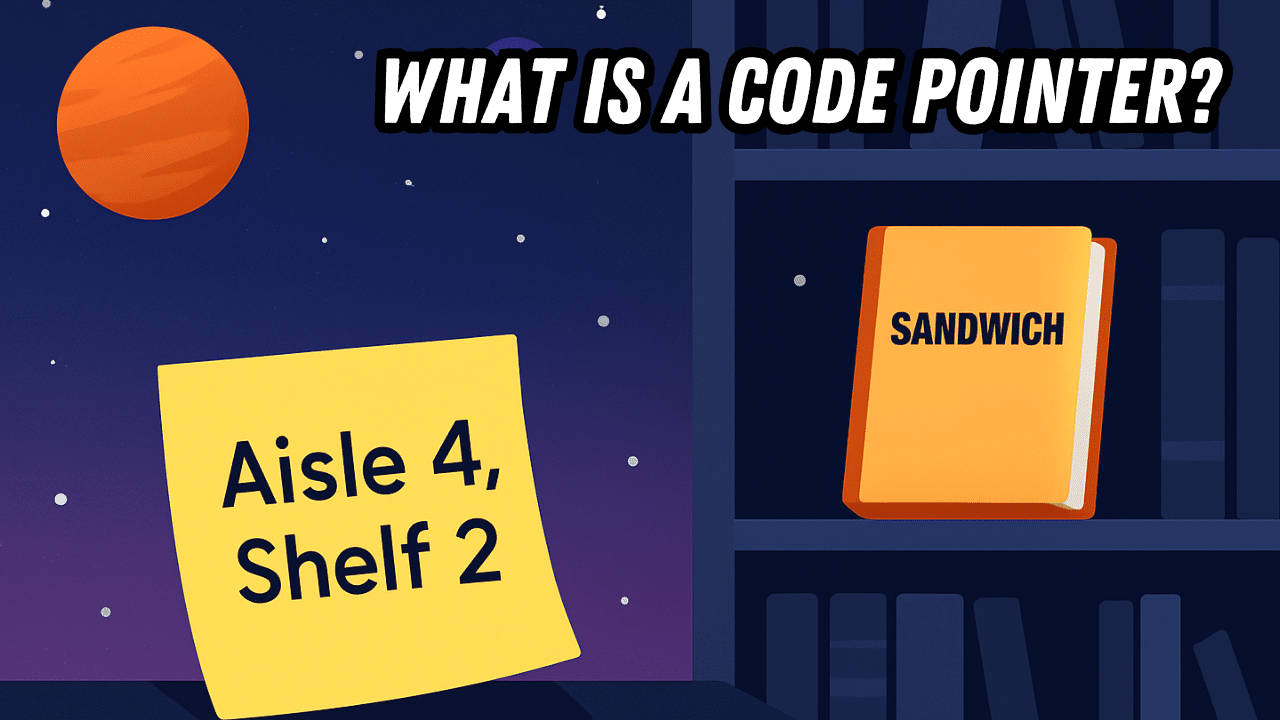
30 September 2025
The Regulation of Investigatory Powers Act, often referred to as the “Snoopers’ Charter,” is a UK law that grants the government unprecedented powers to monitor, intercept, and retain your digital data. While its stated purpose is national security, its implications for privacy have raised significant concerns. In this blog post, we’ll break down what the RIP Act really means and how it affects your online life.
What powers does the RIP Act grant?
The RIP Act provides the government with three main powers:
- Interception: The government can access your emails, messages, phone calls, and anything else that’s digital. Essentially, they can eavesdrop on all of your communications.
- Interference: This goes beyond reading messages. The government is allowed to hack into your devices, meaning they could take control of your laptop, phone, or tablet if necessary.
- Retention: The government is entitled to retain a year’s worth of data on your online activity. This includes every website you visit, so they can track your digital footprint over time.
Who can access your data?
It’s not just MI5 and law enforcement agencies that have access to your data. Under the RIP Act, other organisations like the Food Standards Agency and the Gambling Commission can also request access. While it may seem odd that these organisations could delve into your browsing history, it highlights the broad scope of the law.
The hidden surveillance
The most concerning aspect of the RIP Act is the secrecy surrounding data requests. If a company is asked to hand over your data, they’re legally prohibited from informing you. This means that if a popular messaging app suddenly experiences an issue with its encryption, it might not be a technical glitch at all. It could be a sign that the app has been forced to comply with a government request—without you ever knowing about it.
Why the controversy?
The government insists that these powers are crucial for national security, but critics argue that the RIP Act is overly intrusive. The European Court of Justice has already ruled that the legislation breaches privacy rights, adding fuel to the debate. As a result, tech companies are scrambling to implement better security measures, while VPN sales are soaring, and end-to-end encryption has become a hot topic.
Is Big Brother watching you?
In short, the RIP Act represents a digital form of Big Brother—tracking and recording your online activities. While it may be framed as a necessary measure for security, the law’s reach has many people worried about the erosion of privacy. But if you’ve ever Googled something you wouldn’t want anyone to know about, rest assured, you’re not alone.
Want to know more?
To get a deeper understanding of the RIP Act and its impact on your privacy, watch our full video.

For more insights into computer science and digital security, visit the Craig’n’Dave website today.











